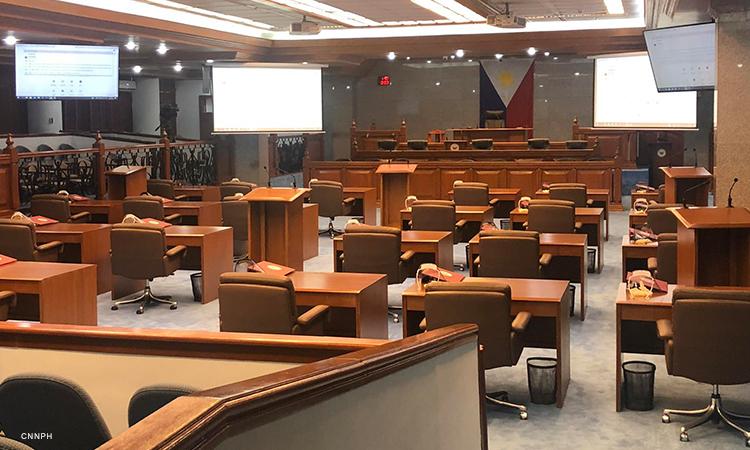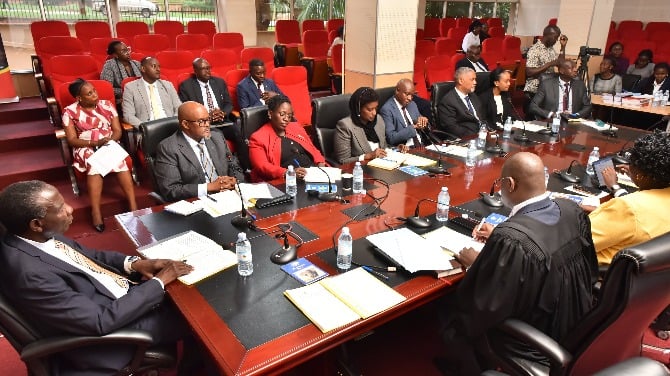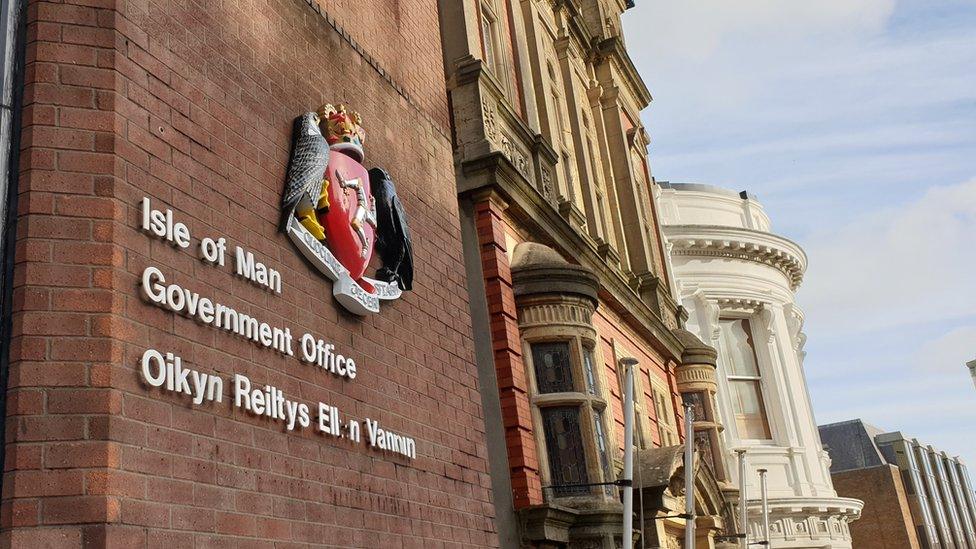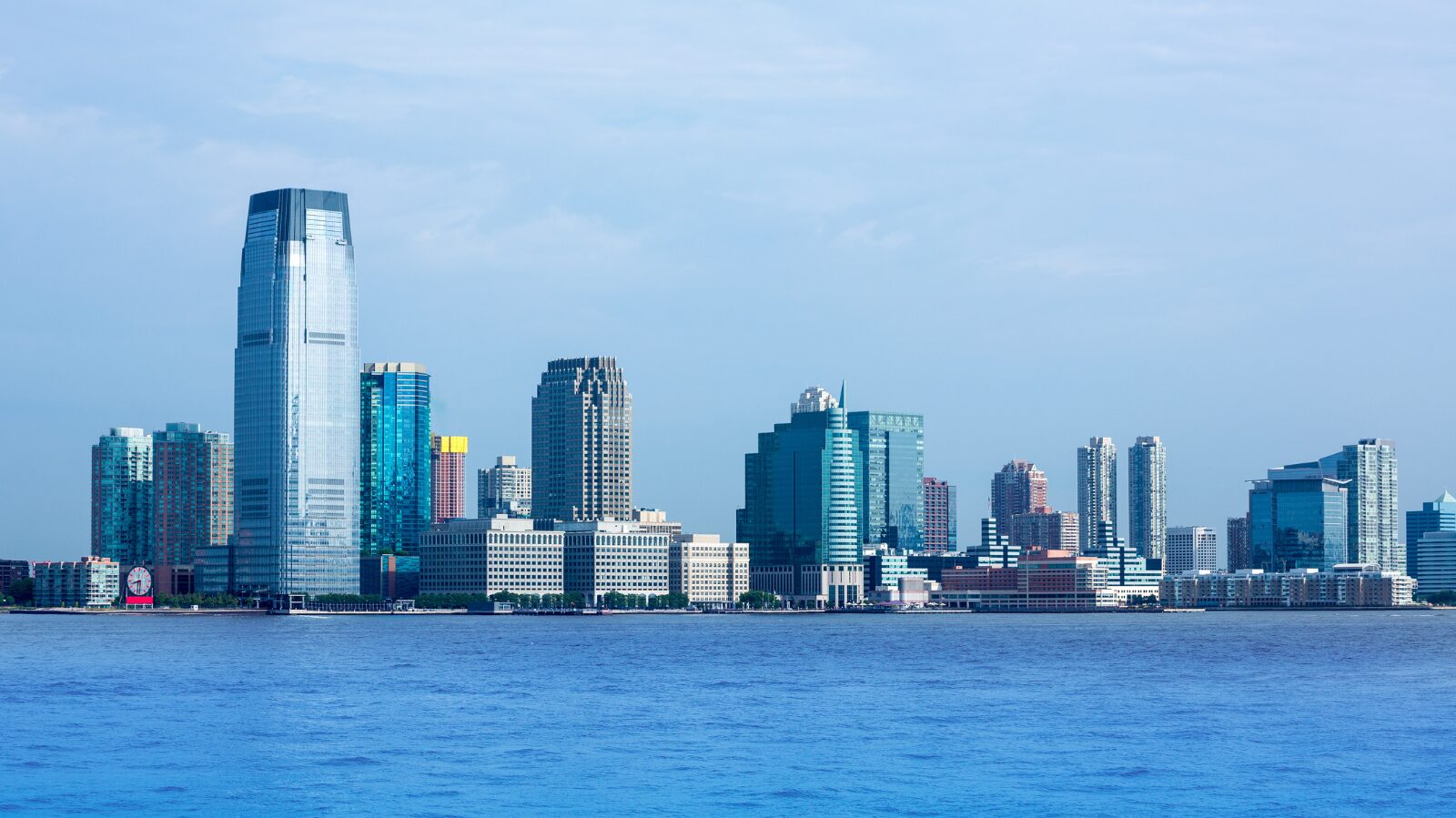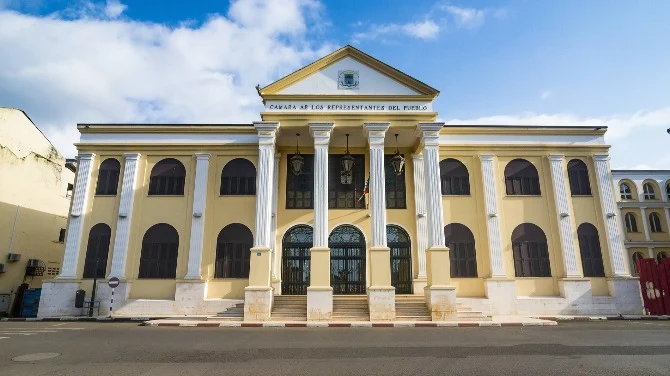The Senate in Manila gave its final approval on a wide array of crucial priority bills Monday, covering laws to ban offshore gaming, set up a unique disaster action plan, and bring major changes to infrastructure, energy, education, and how the government runs. A key proposal in this batch is Senate Bill No. 2868, called the Anti-POGO Act of 2025; this law formalizes the ban on Philippine offshore gaming operators, known as POGOs. Instead of letting offshore gaming continue, the bill removes the earlier law Republic Act 11590, which had made such gaming legal before.
Senator Sherwin “Win” Gatchalian, who leads the Senate Committee on Ways and Means and wrote the bill, explained that it targets all remaining POGO businesses and wants to make sure the ban stays in place no matter who leads the country. He remarked, “This is more than just a legal document — it’s what the people want, an end to the POGO problem,” explaining that money gained from offshore gambling cannot be used to excuse the harmful social effects.
Philippines Advances Landmark Law for Proactive Disaster Management and POGO Crackdown
According to this new law, anything linked to POGO — such as property or devices — must be taken by authorities to stop anyone from using them again for unlawful business. Senate Bill No. 2999, referred to as the Declaration of State of Imminent Disaster Act, also received a unanimous nod and, as Senate President Pro Tempore Jinggoy Ejercito Estrada explained, this move was necessary to switch from only reacting to disasters to preparing for them ahead of time. Senator Estrada, both author and supporter of this bill, highlighted that the legislation builds a system for national and local authorities to take steps before disasters happen using forecasts and hazard studies.
He pointed out that, if everything goes smoothly, the Philippines could become the first not only in the region but worldwide to pass a law focused on proactive disaster management, especially since the country holds a top spot in the World Risk Index and urgent need exists to act before disasters occur. In practice, under this law, the President or local leaders can announce a State of Imminent Disaster if scientific predictions and risk checks signal a threat, which means resources can be readied sooner. Senator Estrada further shared that the bill matches principles in the ASEAN Agreement on Disaster Management and the Philippine Disaster Risk Reduction and Management Plan; it also enjoys strong backing from the Office of Civil Defence, PAGASA, NDRRMC, and the United Nations World Food Programme.
Philippine Senate Approves Key Reforms on Infrastructure, Energy, Education, and Local Development
Along with other measures, lawmakers officially approved Senate Bill No. 2821, which updates the Right-of-Way Act so building infrastructure can happen more quickly and with fewer blocks. Senate Bill No. 2899 is another significant law—it created the Philippine Atomic Energy Regulatory Authority for safer and better regulation of nuclear energy use in the Philippines. Senate Bill No. 2903 also got approval, and this particular act restructures the Philippine Coast Guard, bringing better organisation to its duties and improving its internal system. Addressing the judiciary, the Senate adopted Senate Bill No. 2982—a measure built to reinforce the judicial branch’s fiscal independence.
On the educational front, Senate Bill No. 2969 was passed to change the Philippine State College of Aeronautics, turning it into the National Aviation Academy of the Philippines for advanced training. Equally notable, Senate Bill No. 300 was created to make the career ladder for public school teachers and education leaders clear and regular. Senators also confirmed several House bills to boost local development, which include creating new hospitals, state colleges, power cooperatives, and integrated schools in many parts of the nation.
These approved items feature new medical centers for Zamboanga del Sur, Aurora, and Quirino; setting up state colleges in Dinagat Islands and Sarangani; and giving electric cooperative franchises to Benguet, Aklan, Laguna, and Camarines Sur. As the 19th Congress nears the close of its session with the sine die adjournment, key Senate officials expect to quickly transfer some of these bills to Malacañang for signature, showing strong effort to finish legislative tasks before the session ends.

 Companies
Companies 